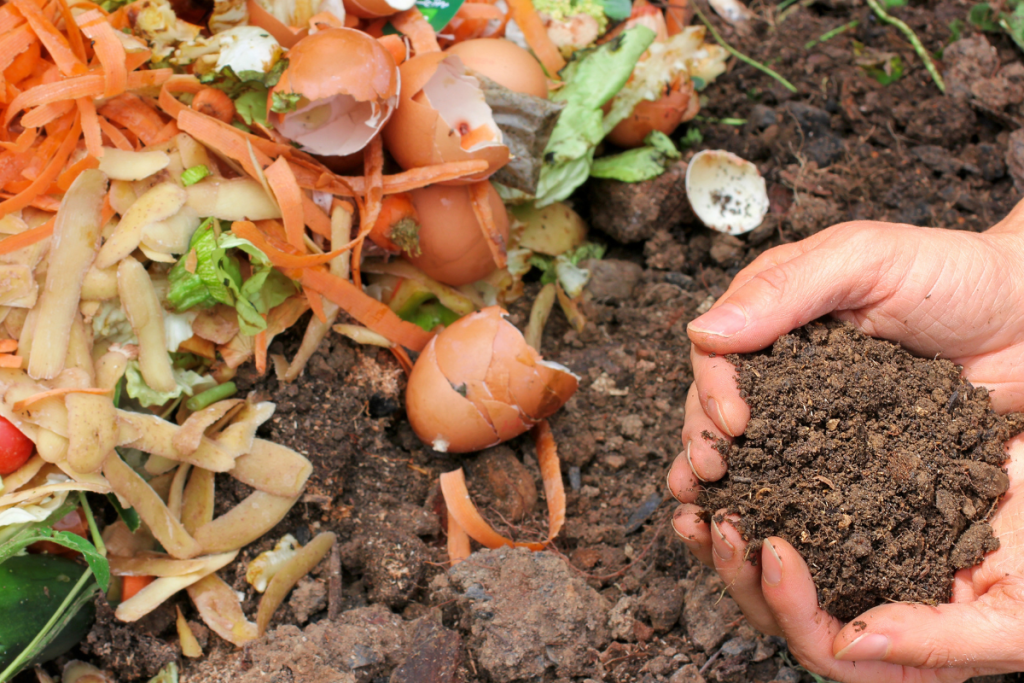
The U.S. Department of Agriculture’s Office of Urban Agriculture and Innovative Production (OUAIP) recently released a funding opportunity announcement for their Composting and Food Waste Reduction (CFWR) cooperative agreements. Applications are due by September 1, 2022.
This program provides financial assistance to municipalities, school districts, counties, local governments, or tribal governments (State-designated Indian Tribes, Federally Recognized Indian Tribal Governments) for composting and food waste reduction pilot programs. While applicants are encouraged to submit proposals that meet more than one of the objectives below (inclusion of multiple objectives will be considered when ranking proposals), OUAIP will accept proposals that address at least one of the following:
- Generate compost
- Increase access to compost for agricultural producers
- Reduce reliance on, and limit the use of, fertilizer
- Improve soil quality
- Encourage waste management and permaculture business development
- Increase rainwater absorption
- Reduce municipal food waste; and
- Divert residential and commercial food waste from landfills.
In addition to meeting one or more of the above purposes applicants are encouraged to align their project proposals to address priorities on environmental justice, racial equity, climate, investment in disadvantaged communities, and climate smart agricultural practices. Priority will be given for each of the following elements that are included in a project:
- Anticipate or demonstrate economic benefits for the targeted community;
- Incorporate plans to make compost easily accessible to agricultural producers, including community gardeners, school gardens, and producers;
- Integrate food waste reduction strategies, including innovative food recovery efforts such as, but not limited to, food gleaning, storage, and preservation techniques; and
- Include a robust plan that describes collaboration with multiple partners.
Eligible entities should collaborate with two or more partner organizations on their CFWR pilot project. Non-eligible entities may be partners on a project.
ISTC seeks an eligible organization to be the lead applicant on a collaborative proposal. ISTC’s TAP staff will provide support on the cooperative agreement through zero waste technical assistance, education, and outreach. Contact TAP to learn more about this partnership opportunity.

